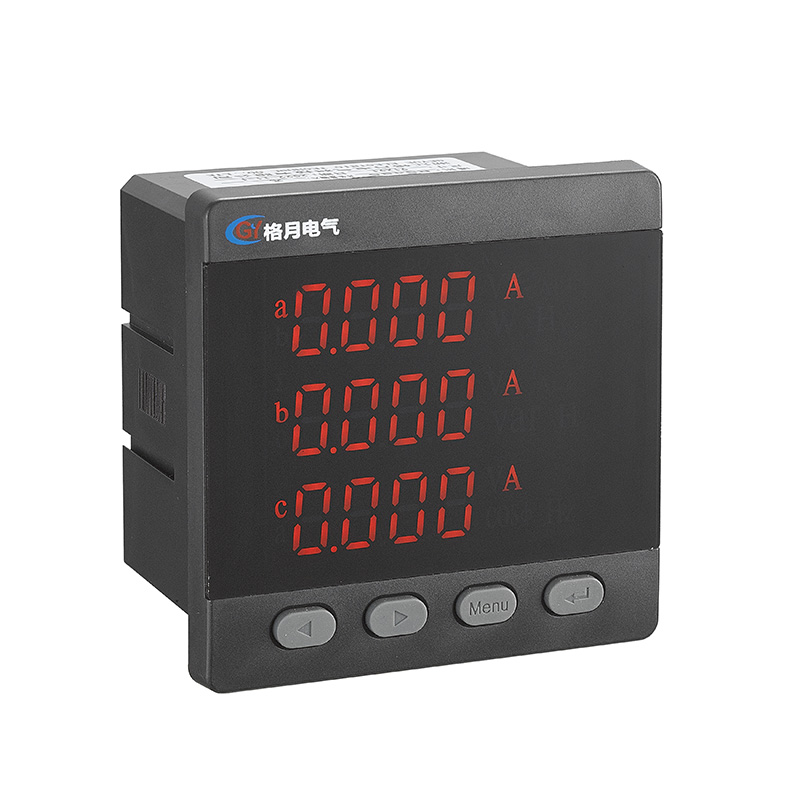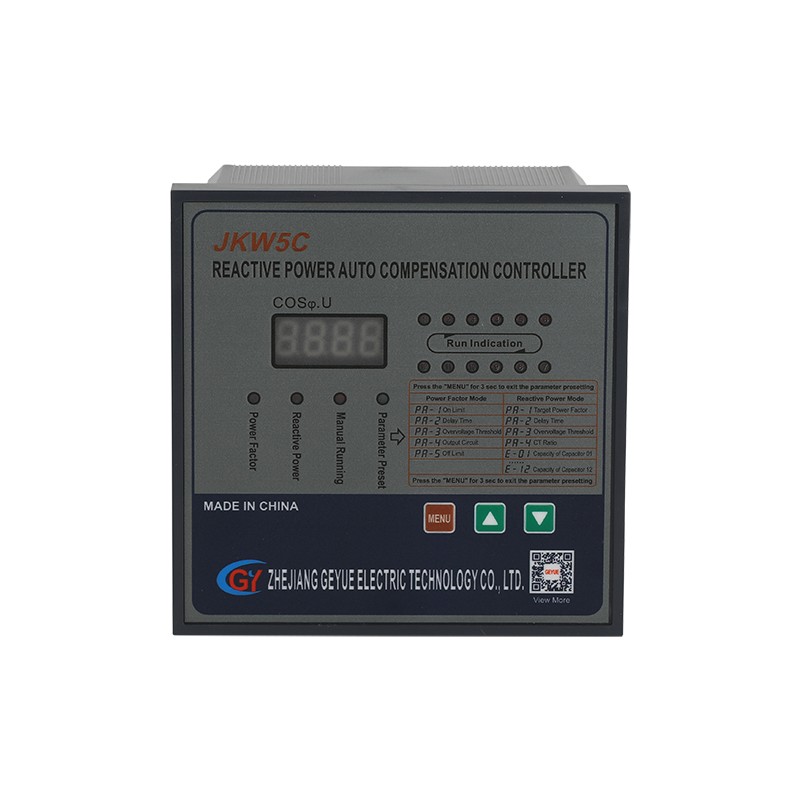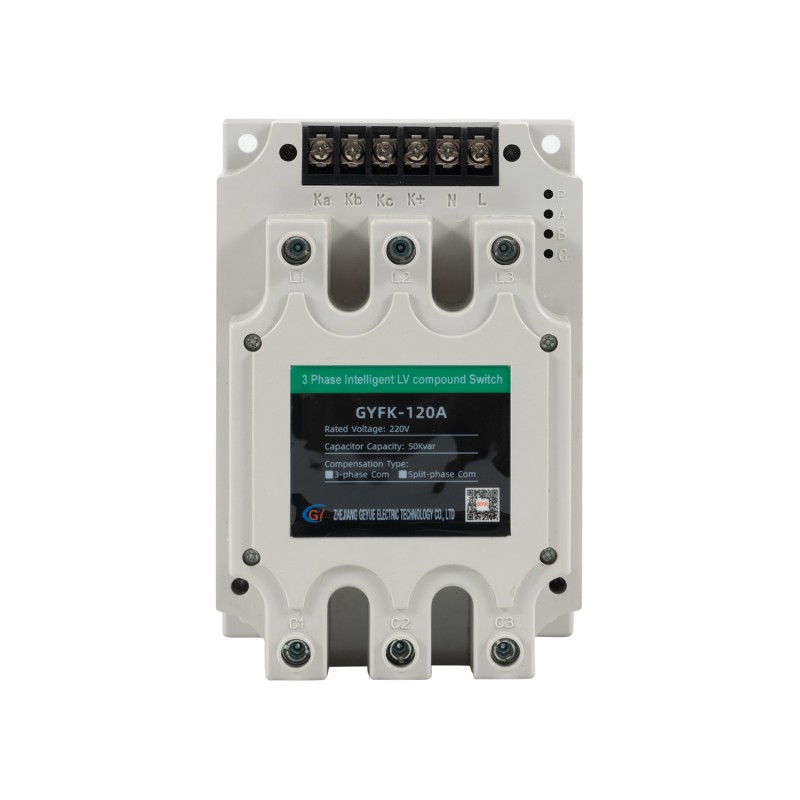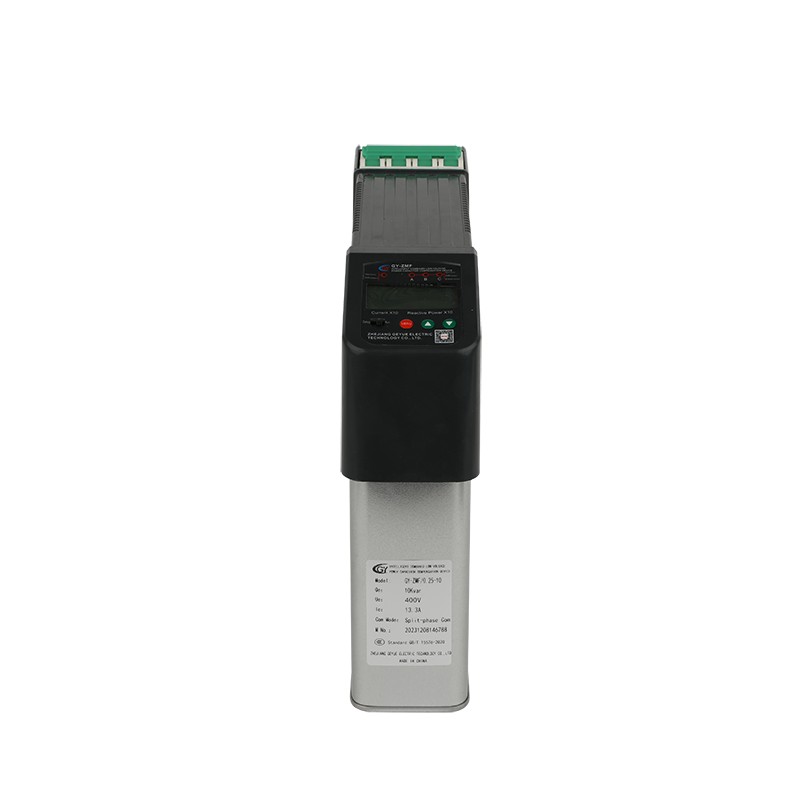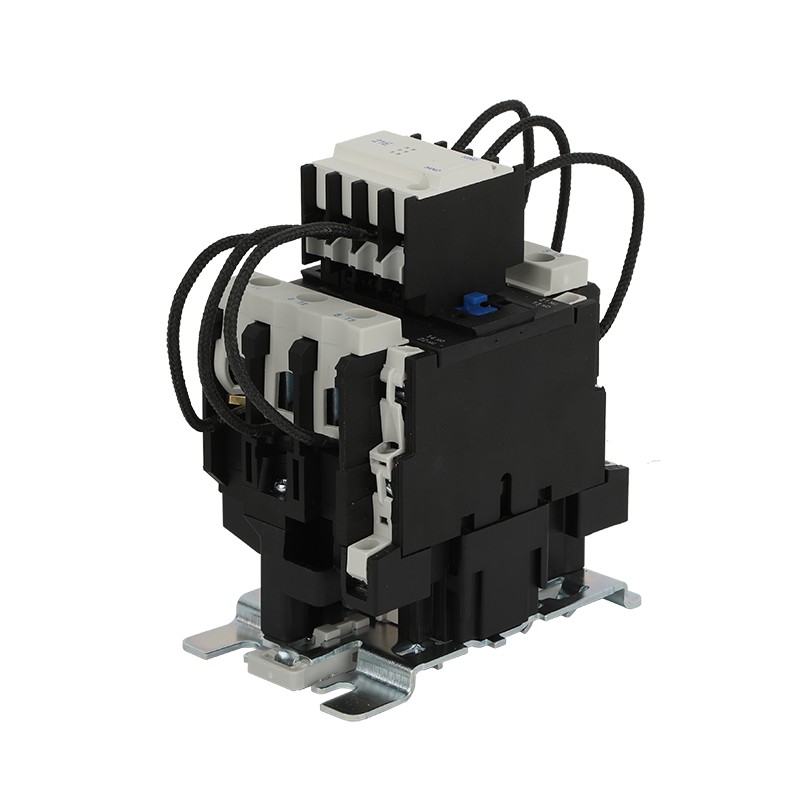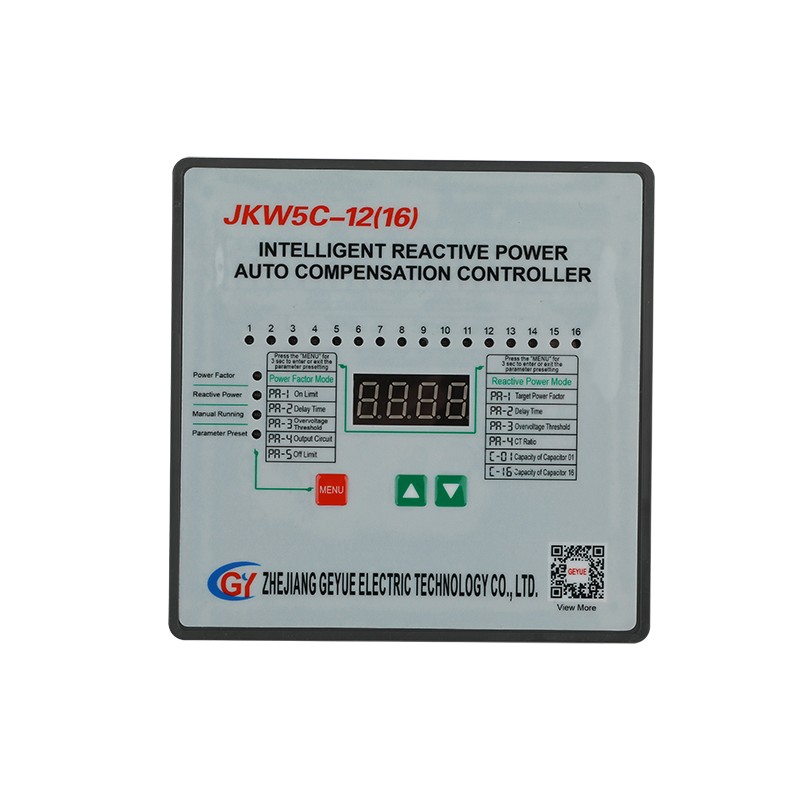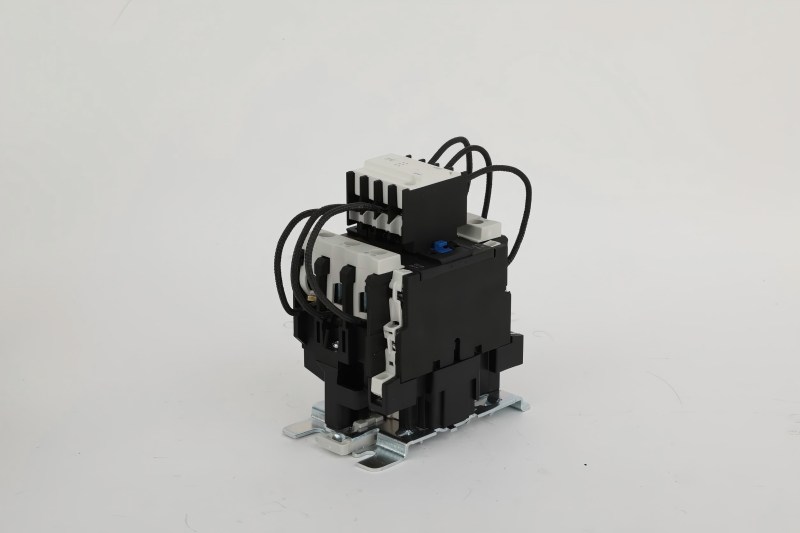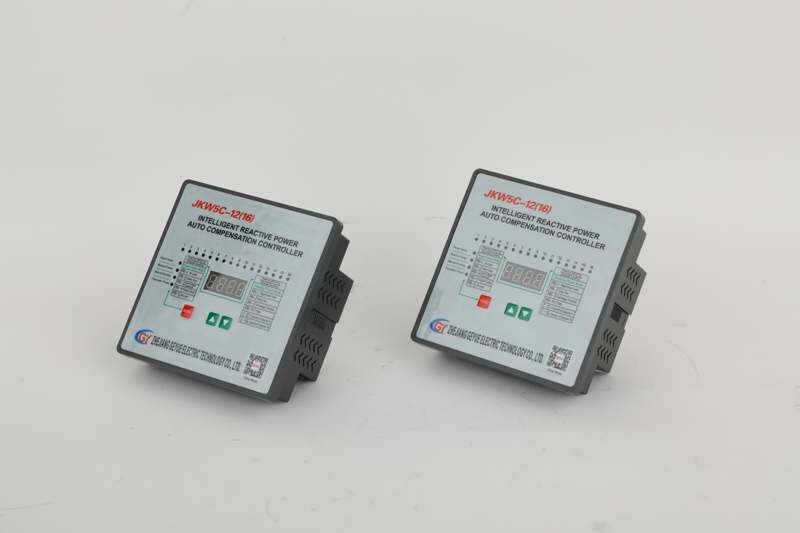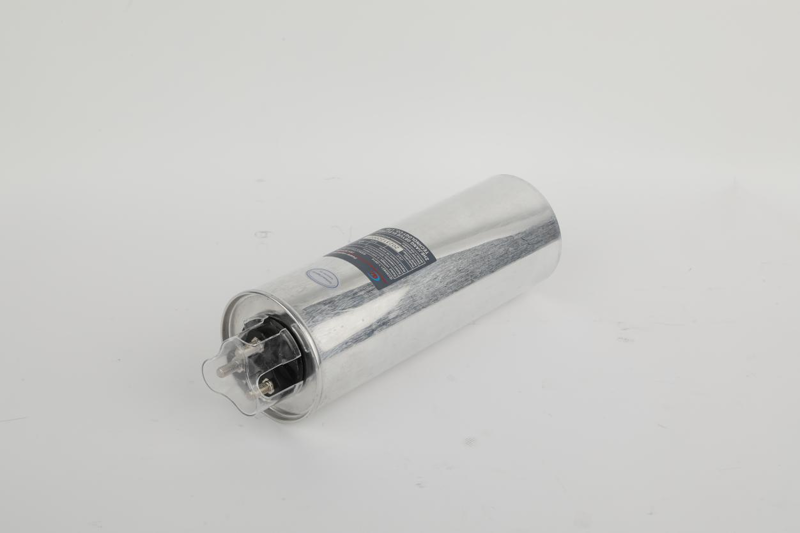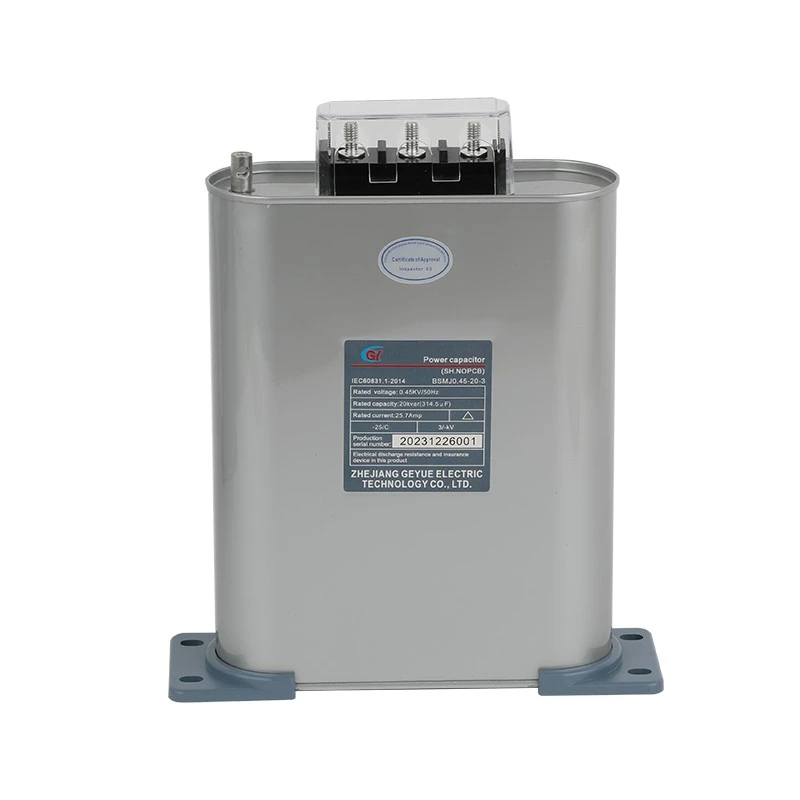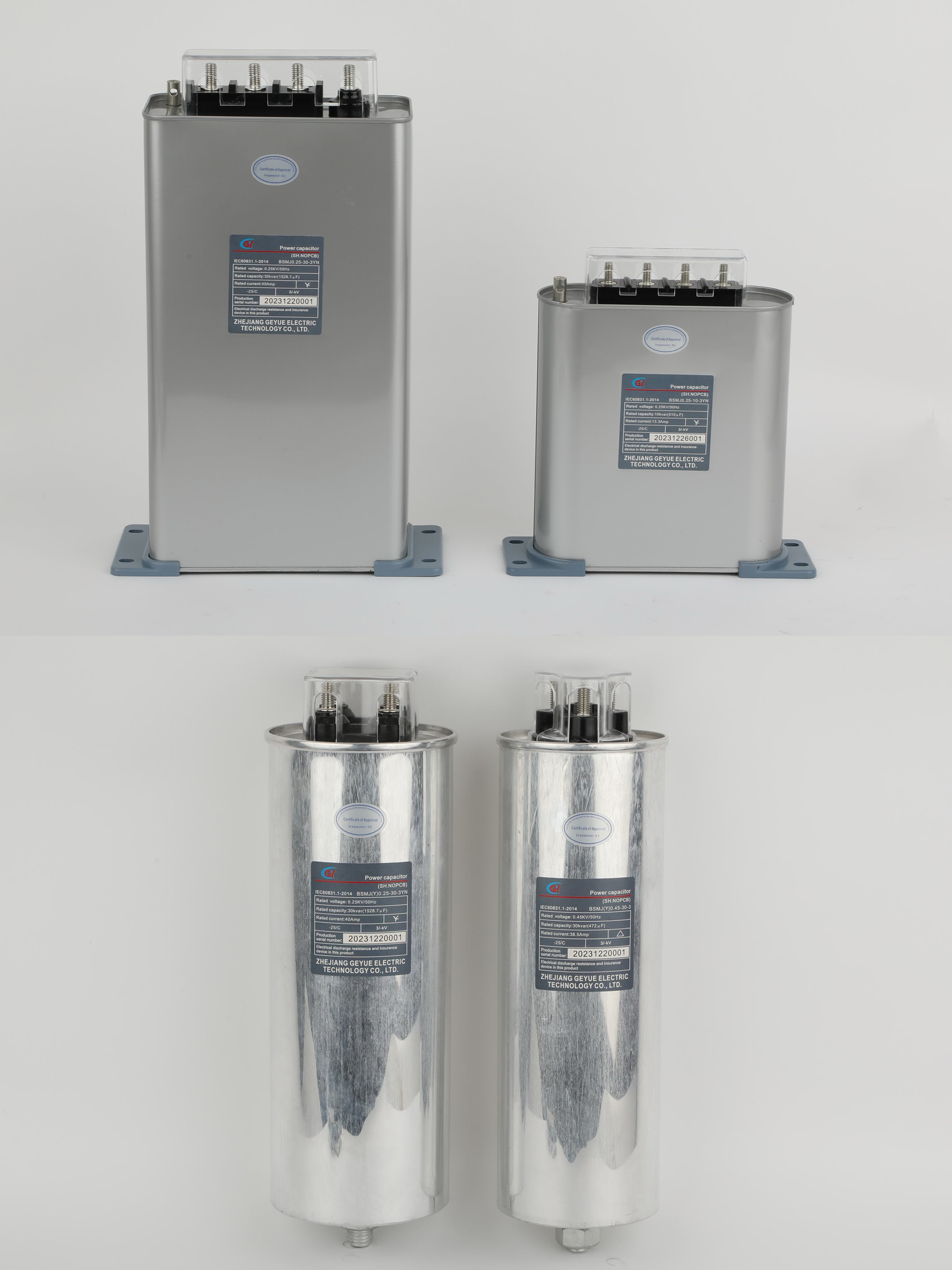Which Industries Need PFC Solutions the Most? (Spoiler: It’s Not Just Industrial Manufacturing)
The upgrading pressure on modern power distribution systems stems from the increasingly high demands for power quality, efficiency and compliance. A PFC solution, as an overall core power optimization approach that supports grid resilience and reduces TCO, has demonstrated a crucial role in numerous industries and their application scenarios. In this article, the Senior Engineer from Geyue Electric will reveal to you the industries that most need PFC solutions and their application scenarios. (By the way, it's not just the industrial manufacturing!)
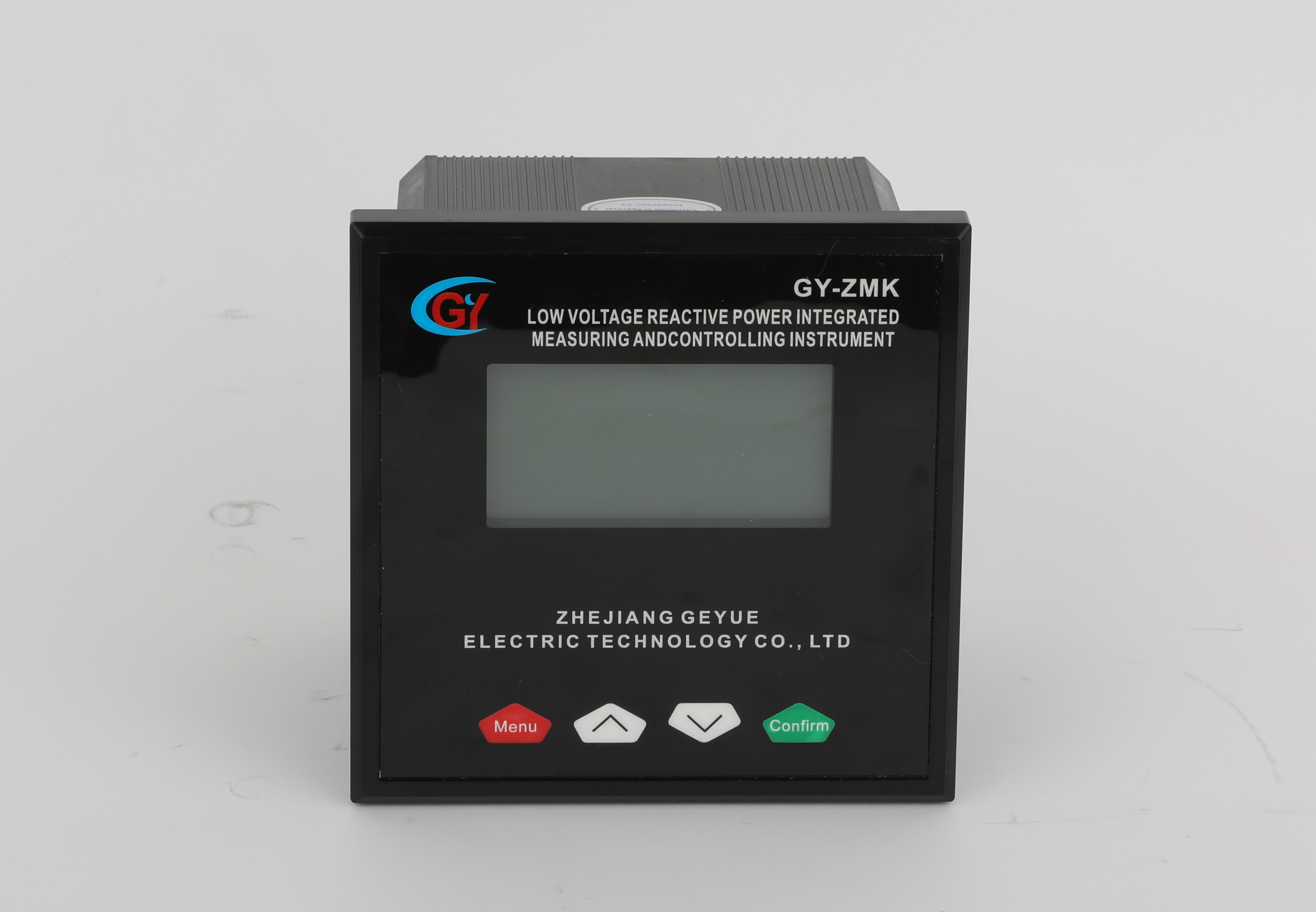
Industrial Manufacturing
Industrial manufacturing is not only the most important driving sector for stimulating productivity levels, but also the industry among all that most requires the intervention of PFC solutions. PFC solutions are widely applied in factories, which can address the issues of low power factor and sharp increase in reactive power loss caused by inductive loads such as large motors, frequency converters, welding equipment, and stamping machines. They can minimize monthly electricity bills, avoid fines imposed by the government due to low power factor, enhance the utilization rate of grid capacity, and reduce the risk of overheating in lines and transformers.
Data Centers and IT Infrastructure
Data centers and IT infrastructure are important components of the IT industry and also key infrastructure industries that support the modern digital economy. As the skeleton of the IT industry, servers are the core production tools of the IT industry. In cases where main nonlinear loads such as server power supplies, UPS uninterruptible power supplies, and air conditioning refrigeration systems may generate harmonics and low power factors, the involvement of a PFC solution can ensure the efficient power consumption of an IT enterprise, reduce the operating costs of the enterprise, and avoid equipment failures and economic losses caused by the above-mentioned harmonics.
Healthcare
The stable development of the medical industry ensures the physical and mental health of the people and social well-being. The medical industry is the one with the most stringent requirements for PFC solutions. Such stable development is completely inseparable from stable voltage and energy efficiency that meets standards. Medical imaging equipment (such as MRI and CT), laboratory instruments and HVAC systems that are frequently used every day in the medical industry are highly sensitive to power quality. Any power quality issue may directly affect the performance of the equipment, diagnostic results and even patient safety. A CT machine in a certain hospital shut down due to a sudden voltage drop, delaying the examination of emergency patients and causing a medical dispute. The sensitive nature of hospitals towards power quality actually demands zero fault tolerance for life and data, with standards far exceeding those of industries and even data centers. Any abnormal power supply may directly translate into medical risks or legal disputes.
Renewable Energy
The renewable energy has been the most closely watched and highly anticipated sunrise industry in recent decades. In the new energy scenarios, when inverters are connected to the grid, they need to meet the extremely high power-factor requirements of the power grid, usually close to 1.0. To meet such high requirements, PFC solutions must be introduced into the power generation systems to enhance overall efficiency and avoid grid instability or fines caused by reactive power.
Transportation
Thanks to the widespread application of green energy in transportation and the vigorous development of rail transit, the transportation industry has never ceased its modernization process. When high-power DC loads such as fast charging piles in electric vehicle charging stations and traction systems in rail transit are under high load, they are highly likely to cause a sudden drop in the power factor of the power grid. The solution to avoid such power quality problems is to incorporate dynamic PFC compensation. Especially, the variable frequency drive system of rail transit is highly prone to harmonic pollution. A PFC compensation solution can suppress the generation of harmonics to the greatest extent.
Commercial Buildings and Public Facilities
The convenient life of mankind is tightly bounded up with commercial buildings and public facilities. The lighting systems, elevators and central air conditioning systems in shopping malls, airports and stadiums may generate a lot of harmonics. To meet the requirements of green building certification (such as LEED), active PFC solutions need to be in place to improve harmonics and reduce overall energy consumption.
Petrochemicals and Mining
Petrochemicals and mining are pillar industries for global energy and raw material supply, profoundly influencing the economy, geopolitics and ecological environment. Under the joint determination of multiple factors such as resource endowment, safety and environmental protection, economy and historical factors, the industrial belts of petrochemicals and mining (including oil and gas fields, refineries, mines, etc.) are usually located in remote areas far from cities. The power grid capacity in remote areas is limited, and PFC solutions need to be applied to high-voltage motor equipment such as drilling platforms, pumping stations, and large crushers to improve power factor and reduce line losses. In addition, PFC solutions for the petrochemical and mining industries also need to take into account the strict requirements for power quality in explosion-proof environments.
Semiconductor
The semiconductor industry is the "heart" and "cornerstone" of the digital age, controlling the global technological lifeline. A wafer fabrication plant is a factory in the semiconductor industry used for producing integrated circuits, mainly responsible for the processing and manufacturing of wafers. The minor voltage fluctuations generated by precision instruments, vacuum pumps, photolithography machines and other machines in wafer fabrication plants during operation are very likely to cause production defects. Only by applying ultra-low harmonic PFC solutions in advance can such production defects be eliminated. In the operating costs of a wafer fabrication plant, the proportion of electricity costs in the total cost is high. A complete ultra-low harmonic PFC solution can also achieve energy-saving effects.
The main body of the PFC solution falls within the category of low-voltage power compensation, but modern technologies (such as SiC active PFC) have transcended traditional reactive power compensation and evolved towards a multi-functional integration of "harmonic control + dynamic PF correction + energy efficiency optimization". Whether a PFC is needed depends on the load characteristics and grid requirements. Industries that require PFC solutions typically feature high electricity consumption, complex load characteristics, or sensitivity to power quality. In the traditional solution, we recommend the static capacitor compensation cabinet, which is suitable for stabilizing the load. In advanced solutions, we recommend active PFC, which is suitable for dynamic loads and high-harmonic environments. If the industry you are engaged in requires PFC solutions, you are welcome to visit our Geyue Electric’s official website https://www.geyuecapacitor.com/ and consult us via info@gyele.com.cn,.
- What Role do Reactors Play in Modern Power Systems?
- Can Capacitor Switches Become Key Equipment in the Smart Grid Era?
- How Has the CJ19 AC Contactor Become a Reliable Choice for Capacitor Switching?
- Can Cylinder Self-healing Shunt Capacitor Become the Ideal Choice for the Smart Grid Era?
- Apart from Saving Electricity Costs, What Value does Low-Voltage Reactive Power Compensation Bring to Enterprises?
- How does the Temperature Dependence of a Capacitor's Capacitance Value affect the Tuning Point of a Detuned Filter Circuit?

